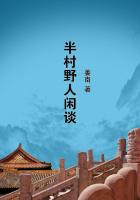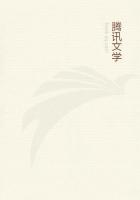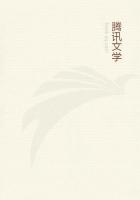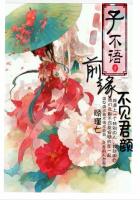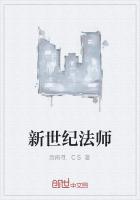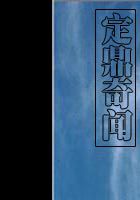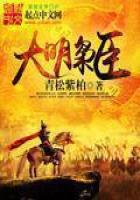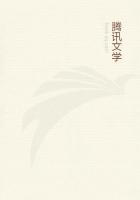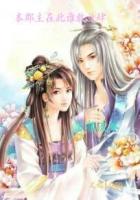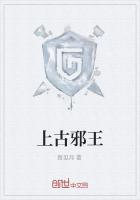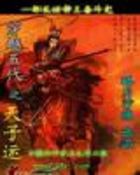O lift your natures up:
Embrace our aims: work out your freedom. Girls, Knowledge is now no more a fountain sealed;Drink deep until the habits of the slave, The sins of emptiness, gossip and spite And slander, die.
The Princess.
Whether medicine is a science, or only an empirical method of getting a living out of the ignorance of the human race, Ruth found before her first term was over at the medical school that there were other things she needed to know quite as much as that which is taught in medical books, and that she could never satisfy her aspirations without more general culture.
"Does your doctor know any thing--I don't mean about medicine, but about things in general, is he a man of information and good sense?" once asked an old practitioner. "If he doesn't know any thing but medicine the chance is he doesn't know that:"
The close application to her special study was beginning to tell upon Ruth's delicate health also, and the summer brought with it only weariness and indisposition for any mental effort.
In this condition of mind and body the quiet of her home and the unexciting companionship of those about her were more than ever tiresome.
She followed with more interest Philip's sparkling account of his life in the west, and longed for his experiences, and to know some of those people of a world so different from here, who alternately amused and displeased him. He at least was learning the world, the good and the bad of it, as must happen to every one who accomplishes anything in it.
But what, Ruth wrote, could a woman do, tied up by custom, and cast into particular circumstances out of which it was almost impossible to extricate herself? Philip thought that he would go some day and extricate Ruth, but he did not write that, for he had the instinct to know that this was not the extrication she dreamed of, and that she must find out by her own experience what her heart really wanted.
Philip was not a philosopher, to be sure, but he had the old fashioned notion, that whatever a woman's theories of life might be, she would come round to matrimony, only give her time. He could indeed recall to mind one woman--and he never knew a nobler--whose whole soul was devoted and who believed that her life was consecrated to a certain benevolent project in singleness of life, who yielded to the touch of matrimony, as an icicle yields to a sunbeam.
Neither at home nor elsewhere did Ruth utter any complaint, or admit any weariness or doubt of her ability to pursue the path she had marked out for herself. But her mother saw clearly enough her struggle with infirmity, and was not deceived by either her gaiety or by the cheerful composure which she carried into all the ordinary duties that fell to her. She saw plainly enough that Ruth needed an entire change of scene and of occupation, and perhaps she believed that such a change, with the knowledge of the world it would bring, would divert Ruth from a course for which she felt she was physically entirely unfitted.
It therefore suited the wishes of all concerned, when autumn came, that Ruth should go away to school. She selected a large New England Seminary, of which she had often heard Philip speak, which was attended by both sexes and offered almost collegiate advantages of education.
Thither she went in September, and began for the second time in the year a life new to her.
The Seminary was the chief feature of Fallkill, a village of two to three thousand inhabitants. It was a prosperous school, with three hundred students, a large corps of teachers, men and women, and with a venerable rusty row of academic buildings on the shaded square of the town. The students lodged and boarded in private families in the place, and so it came about that while the school did a great deal to support the town, the town gave the students society and the sweet influences of home life.
It is at least respectful to say that the influences of home life are sweet.
Ruth's home, by the intervention of Philip, was in a family--one of the rare exceptions in life or in fiction--that had never known better days.
The Montagues, it is perhaps well to say, had intended to come over in the Mayflower, but were detained at Delft Haven by the illness of a child. They came over to Massachusetts Bay in another vessel, and thus escaped the onus of that brevet nobility under which the successors of the Mayflower Pilgrims have descended. Having no factitious weight of dignity to carry, the Montagues steadily improved their condition from the day they landed, and they were never more vigorous or prosperous than at the date of this narrative. With character compacted by the rigid Puritan discipline of more than two centuries, they had retained its strength and purity and thrown off its narrowness, and were now blossoming under the generous modern influences. Squire Oliver Montague, a lawyer who had retired from the practice of his profession except in rare cases, dwelt in a square old fashioned New England mile away from the green. It was called a mansion because it stood alone with ample fields about it, and had an avenue of trees leading to it from the road, and on the west commanded a view of a pretty little lake with gentle slopes and nodding were now blossoming under the generous modern influences. Squire Oliver Montague, a lawyer who had retired from the practice of his profession except in rare cases, dwelt in a square old fashioned New England groves. But it was just a plain, roomy house, capable of extending to many guests an unpretending hospitality.
The family consisted of the Squire and his wife, a son and a daughter married and not at home, a son in college at Cambridge, another son at the Seminary, and a daughter Alice, who was a year or more older than Ruth. Having only riches enough to be able to gratify reasonable desires, and yet make their gratifications always a novelty and a pleasure, the family occupied that just mean in life which is so rarely attained, and still more rarely enjoyed without discontent.


